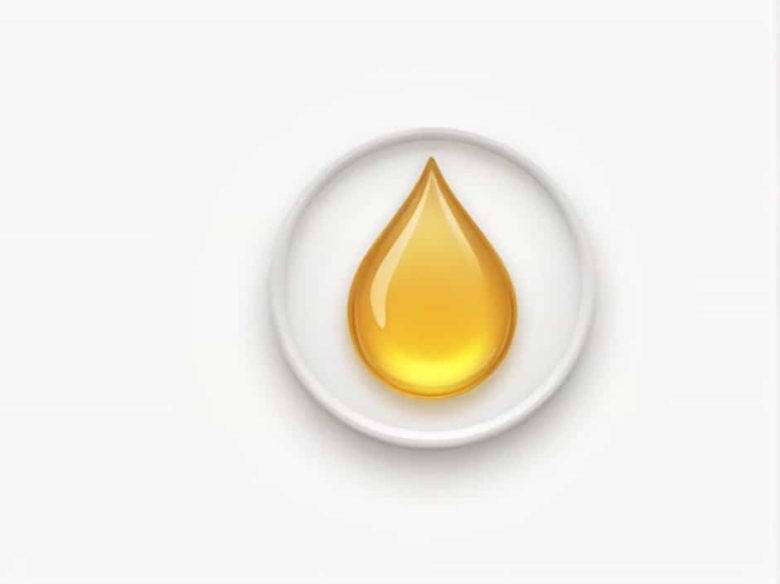Glycerol ester of rosin is a widely used food additive and industrial ingredient known for its emulsifying and stabilizing properties. This compound plays a crucial role in food production cosmetics and adhesives making it an essential component in various industries.
In this topic we will explore what glycerol ester of rosin is how it is made its key properties and its diverse applications.
What Is Glycerol Ester of Rosin?
Glycerol ester of rosin often abbreviated as E445 is a food-grade resin derived from pine trees. It is produced by esterifying rosin (a natural resin from pine trees) with glycerol creating a more stable and functional material.
This compound is widely used as an emulsifier in soft drinks a film-forming agent in coatings and an adhesive component in industrial applications.
Chemical Composition and Properties
Glycerol ester of rosin consists of:
- Rosin – A natural resin extracted from pine trees mainly composed of abietic acid and related resin acids.
- Glycerol – A colorless odorless and water-soluble compound that enhances solubility and stability.
Key Properties
- Light yellow to amber-colored resin
- Hydrophobic (water-repelling) nature
- Good solubility in oils and solvents
- Non-toxic and food-safe (when properly purified)
- Excellent film-forming and adhesive properties
These characteristics make glycerol ester of rosin an ideal ingredient in food beverages and industrial applications.
How Is Glycerol Ester of Rosin Made?
The production of glycerol ester of rosin involves several key steps:
- Rosin Extraction – Rosin is obtained from pine trees through distillation or chemical extraction.
- Purification – The rosin is purified to remove impurities ensuring food safety.
- Esterification – Rosin is chemically reacted with glycerol under controlled conditions.
- Filtration and Refining – The resulting glycerol ester of rosin is filtered and refined for different applications.
The final product is a stable food-grade resin that can be used in various formulations.
Uses of Glycerol Ester of Rosin
1. In the Food and Beverage Industry
Glycerol ester of rosin is commonly used in soft drinks fruit-flavored beverages and energy drinks.
As an Emulsifier in Soft Drinks
- Helps keep citrus oils suspended in beverages.
- Prevents separation ensuring a uniform texture and appearance.
- Enhances flavor stability in citrus-based drinks.
In Chewing Gum and Confectionery
- Used as a tackifier in chewing gum to improve texture and elasticity.
- Helps in binding ingredients together in candy coatings.
2. In Cosmetics and Personal Care Products
The film-forming and adhesive properties of glycerol ester of rosin make it a valuable ingredient in cosmetics.
- Found in lipsticks lip balms and mascaras to enhance texture and durability.
- Used in nail polish and hair sprays for improved adhesion.
- Helps in fragrance fixation in perfumes and deodorants.
3. In Pharmaceuticals
- Used in tablet coatings to enhance stability.
- Acts as a controlled-release agent in some medications.
4. In Industrial Applications
Beyond food and cosmetics glycerol ester of rosin is widely used in industrial applications.
As an Adhesive and Binding Agent
- Found in hot-melt adhesives used in packaging and bookbinding.
- Used in pressure-sensitive adhesives for labels and tapes.
In Printing Inks and Coatings
- Improves adhesion and durability of printing inks.
- Used in protective coatings for various materials.
In Rubber and Tire Manufacturing
- Enhances elasticity and durability in rubber products.
Is Glycerol Ester of Rosin Safe?
Food Safety and Regulatory Approvals
Glycerol ester of rosin is considered safe for human consumption when used within the recommended limits. It has been approved by:
- FDA (U.S. Food and Drug Administration) – Recognized as a safe food additive.
- EFSA (European Food Safety Authority) – Approved for use in beverages and confectionery.
- JECFA (Joint FAO/WHO Expert Committee on Food Additives) – Evaluated and found to be non-toxic at typical consumption levels.
Potential Health Concerns
While generally safe excessive consumption may cause:
- Gastrointestinal discomfort (if consumed in very high amounts).
- Allergic reactions (rare but possible in sensitive individuals).
Environmental Impact and Sustainability
Since glycerol ester of rosin is derived from natural pine resins it is considered a renewable and biodegradable material. However sustainable sourcing practices are essential to minimize environmental impact.
Efforts are being made to:
- Use sustainable forestry practices for pine tree harvesting.
- Develop eco-friendly alternatives for industrial applications.
Glycerol ester of rosin is a versatile and essential ingredient used in food cosmetics and industrial applications.
- It acts as a stabilizer emulsifier and adhesive in many products.
- It is safe for consumption when used within regulatory limits.
- Its renewable nature makes it a more sustainable option compared to synthetic alternatives.
Understanding its properties and applications helps us appreciate the role of this natural resin in everyday products.



